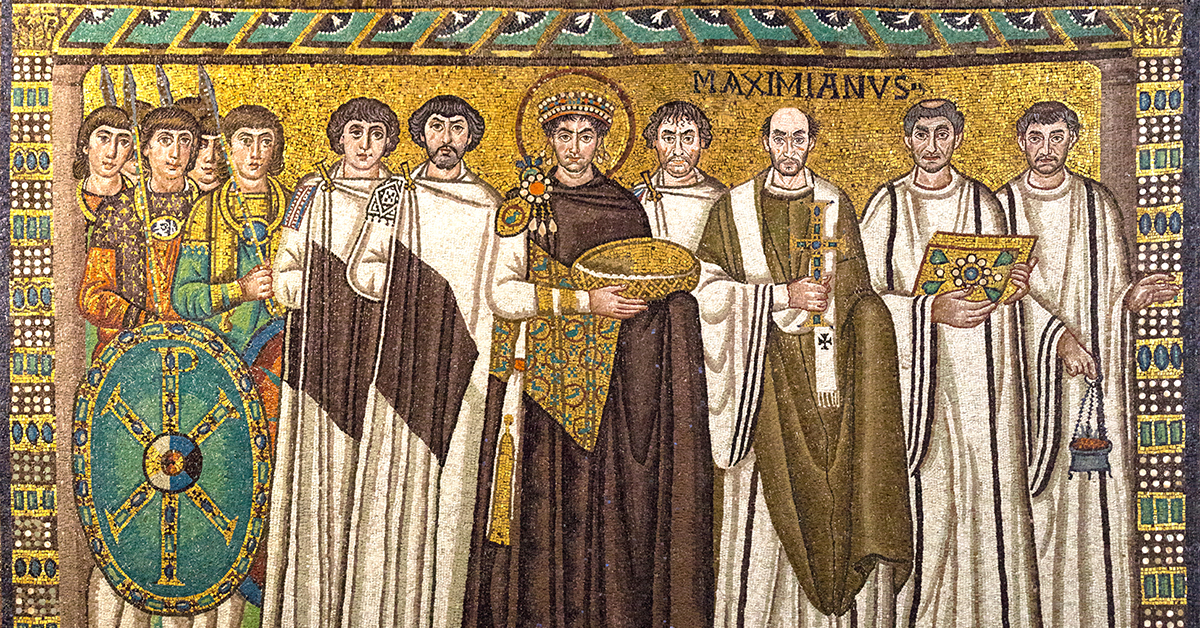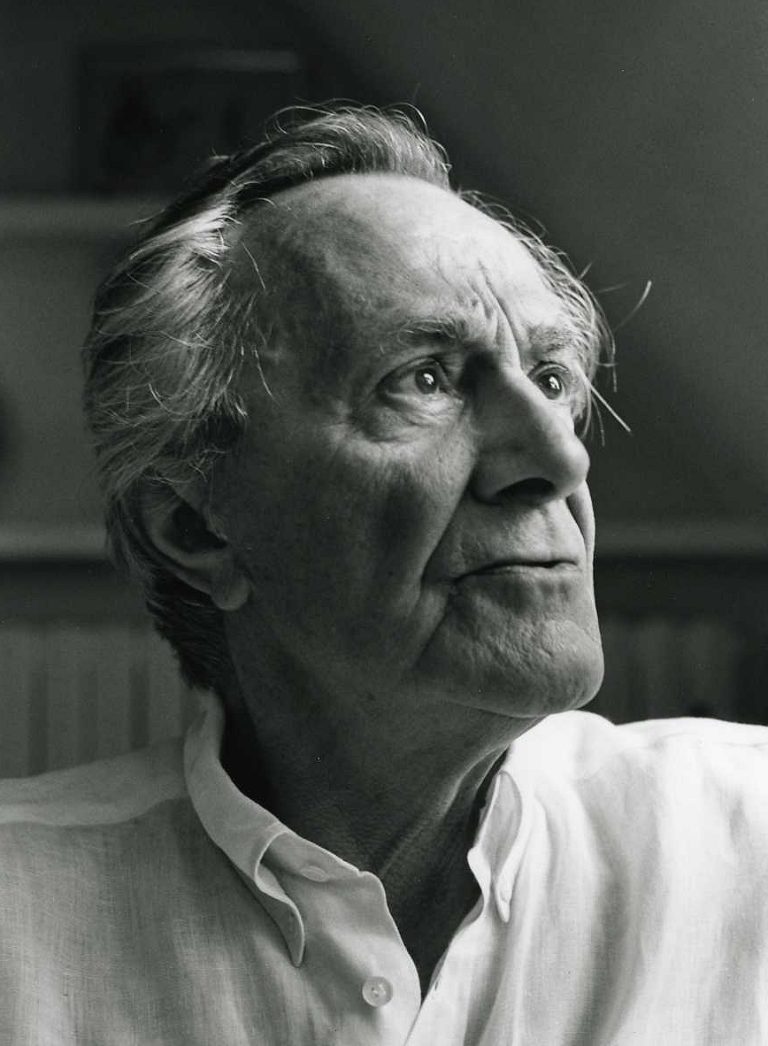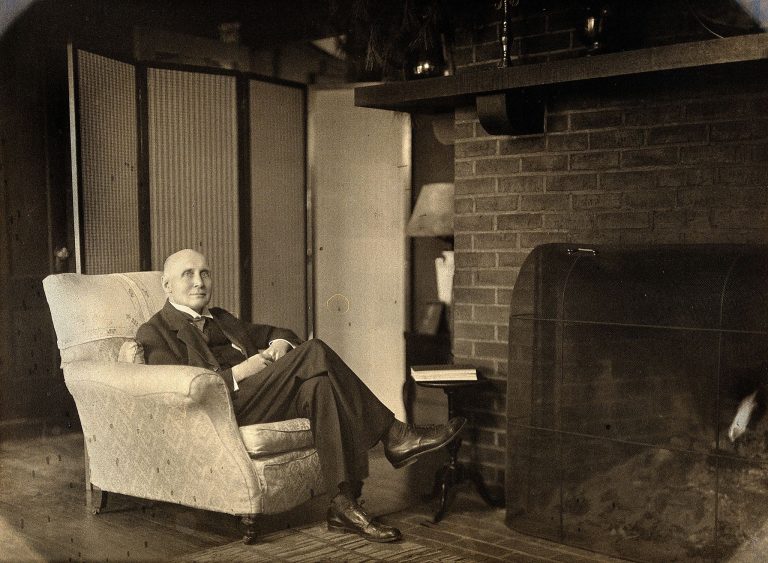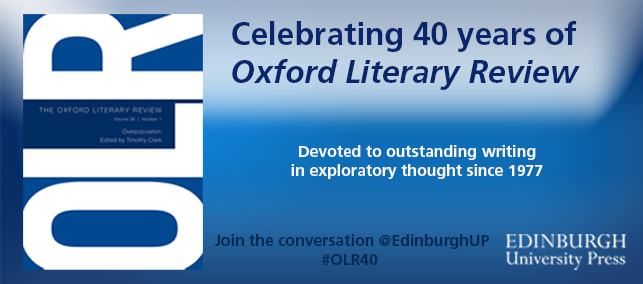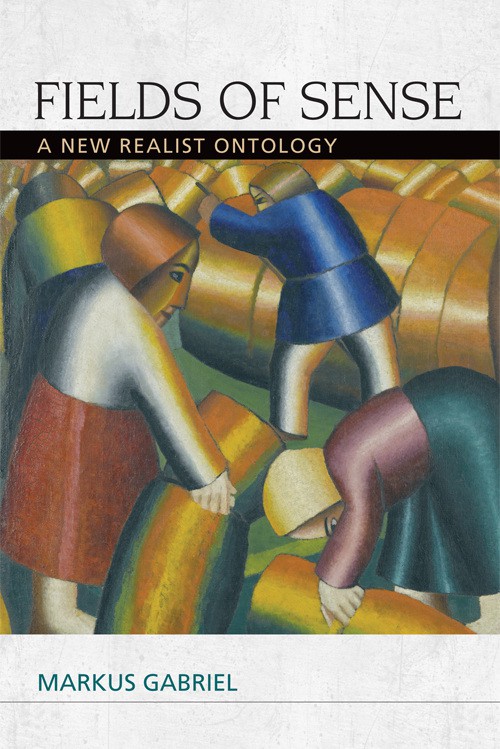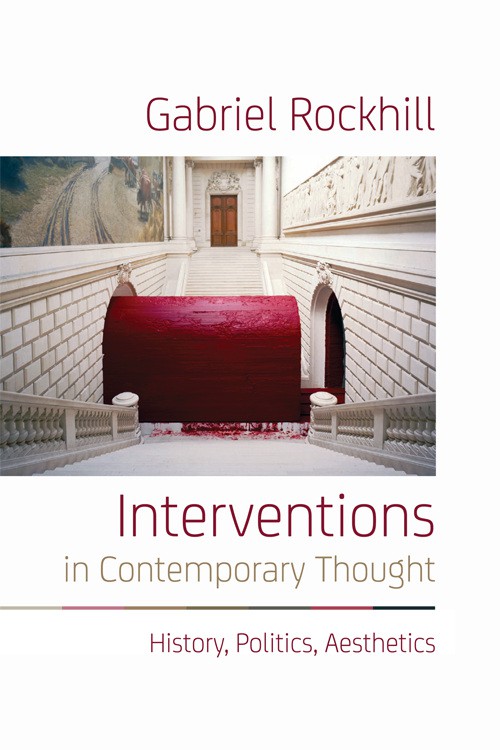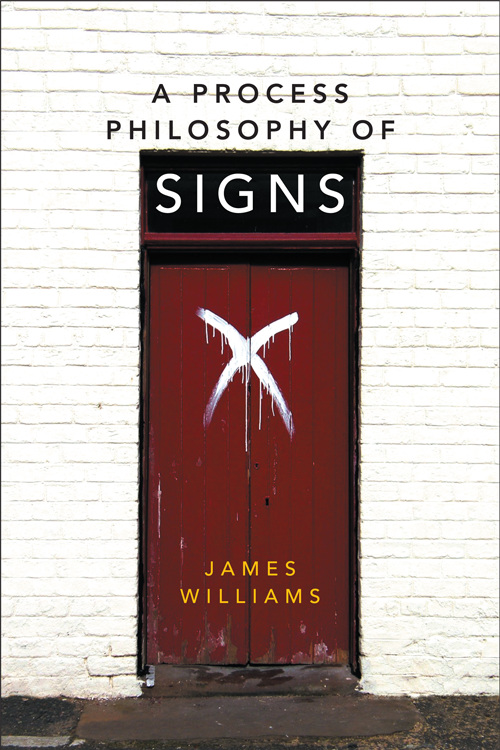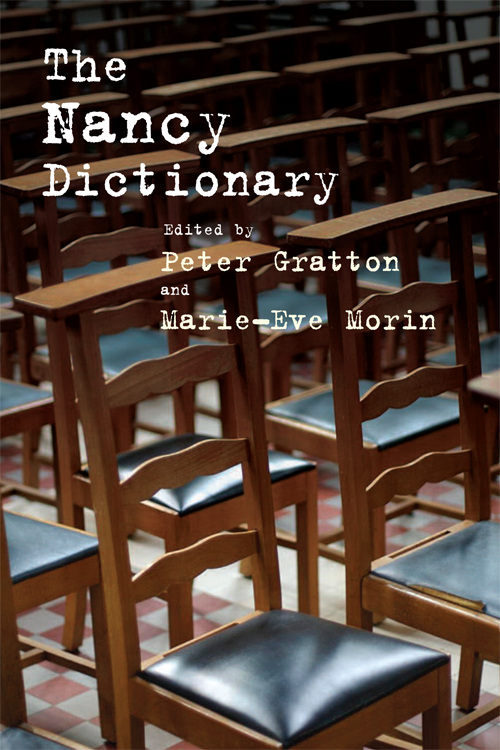
-
Barbarians as the Religious Other in the Late Roman World: Q&A with the author
Read more: Barbarians as the Religious Other in the Late Roman World: Q&A with the authorby Maijastina Kahlos Tell us a bit about Barbarians as the Religious Other in the Late Roman World My book […]


